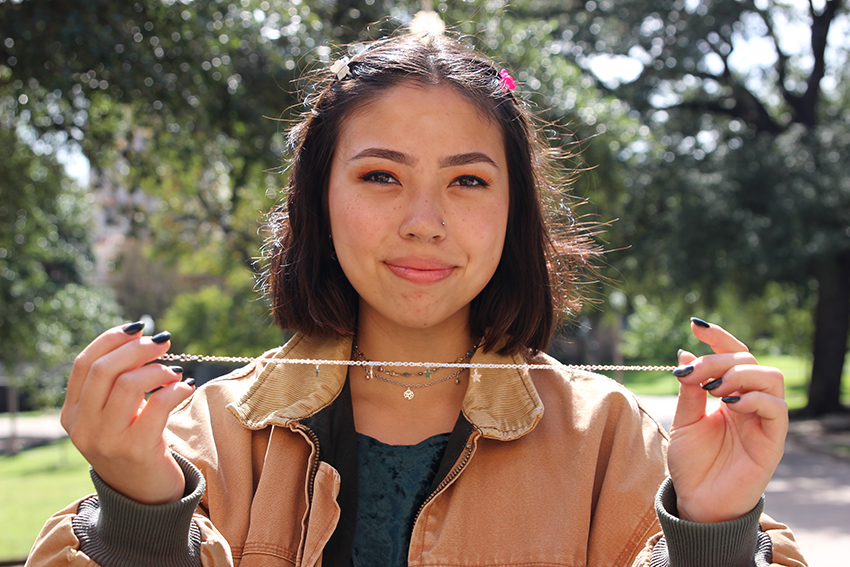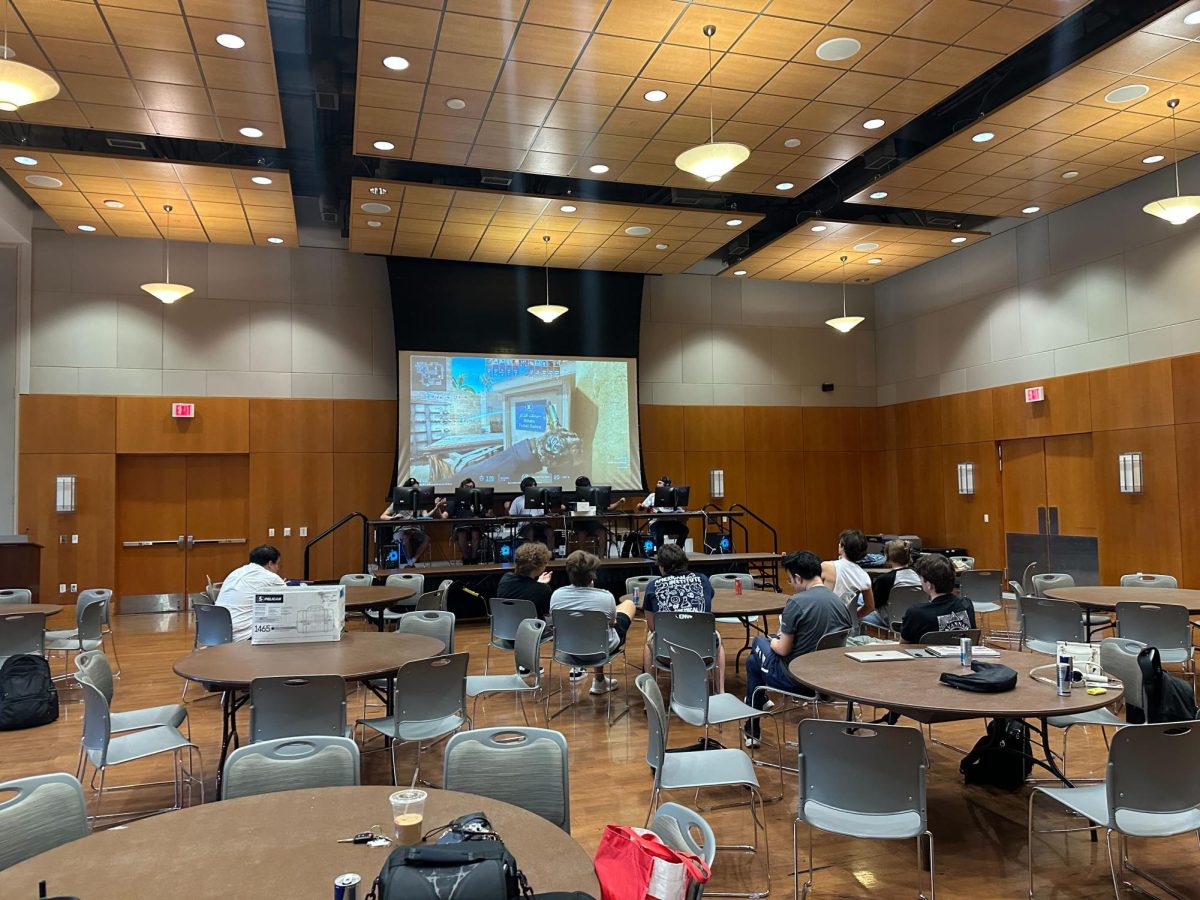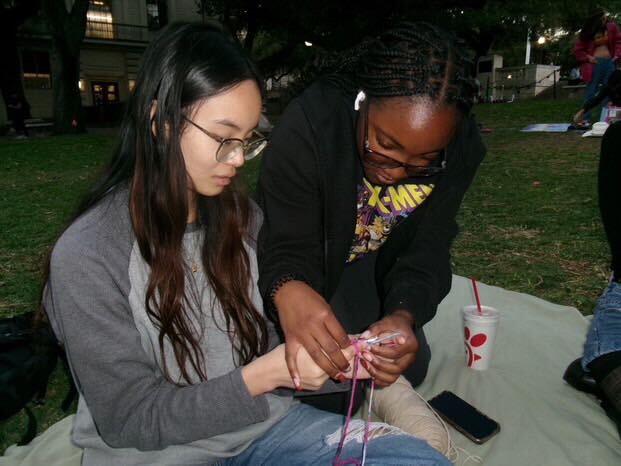Weekend nights find charms, clasps and chains strewn across Emily Arce’s desk. For hours, the nutrition freshman crafts chokers with one purpose in mind: funding mental health treatment and education for students.
Arce identified a need for comprehensive mental health education in grade schools and affordable treatment for college students. As a result, she decided to start a fund that will benefit students who cannot afford mental health treatment and help spread mental health awareness and education.
“I always knew I wanted to have a mental health organization where I raised money to help people pay for (treatment) or bring education to elementary schools,” Arce said. “I also wanted to make jewelry, so they just intersected.”
Forty percent of every $14 band contributes to a fund, which struggling students can submit an application to access if they need assistance covering expenses like therapy and medication.
Arce’s motivation stemmed from a rude awakening during her freshman year. After overcoming stigma of seeking treatment for mental illness, Arce encountered insurmountable price tags for psychiatric consultations in Austin.
“It’s just really hard to get access,” Arce said. “Everyone tells you to get help if you have a mental illness or if you’re feeling down, but how do you get help when you can’t afford it or the information you need is inaccessible?”
Additionally, customers have the option to make donations toward creating a UT student-led education program. Arce believes exposing elementary students to information about symptoms and coping mechanisms is the first step in normalizing mental illness.
“Mental health education should be more than just a blurb on the back of a textbook. We teach students how to prevent strep and the flu,” Arce said. “I don’t see why we can’t teach them how to take steps to handle mental health problems. ”
In three weeks, Arce has raised nearly $600. Arce said once the fund grows in size, her initiative can begin servicing students. Students like history sophomore Laiza Zurita recognize the cause’s value.
Zurita recounted a frightening decline in her mental health earlier this semester. Knowing little-to-nothing about her condition, Zurita turned to the Counseling and Mental Health Center. She was given a list of psychiatrists in Austin, but with high prices, Zurita said she has no choice but to hold off on treatment until returning to Edinburg, Texas, where consultation rates are lower.
“If (the fund) were to take off, I wouldn’t have to wait two months until winter break to get help,” Zurita said.
Kathryn Redd, associate director for prevention, development and media relations for CMHC, said education and accessibility are vital components of mental health awareness.
“It’s not like you can go in and educate everybody and no one will develop a mental illness,” Redd said. “But for people to be able to identify the signs and then get to the appropriate resources when they need them is very important.”
Arce said she hopes to service as many students as possible through her work.
“Everybody needs therapy — even if they think they don’t,” Arce said. “Mental health is something we should all take care of, and part of destigmatizing mental illness is normalizing the routine of going to therapy and confronting stressors in the past, present and future.”












